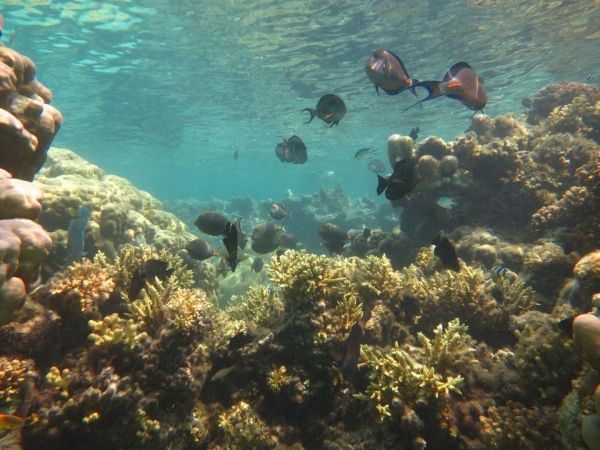A range of information is collated through a simple framework that will help marine scientists to design more accurate experiments that will better help them understand the projected impact of global warming on marine life.
Understanding the consequences of rising carbon dioxide (CO2) levels and global warming for marine life requires complex experiments that can assess the responses of biota to different environmental scenarios. Experiments need to be able to precisely represent future CO2 levels and temperature if they are to accurately predict the potential impact on different species throughout the world’s oceans.
Nathan Geraldi, Carlos Duarte and colleagues at KAUST’s Red Sea Research Center recently noted that some published marine research papers did not match up to the CO2 level predictions outlined in the reports from the Intergovernmental Panel on Climate Change (IPCC). This prompted the team to investigate further.
Read more at King Abdullah University of Science & Technology (KAUST)
Image: The team anticipates that their framework will provide a strong base to help improve the robustness and reproducibility of the growing body of research in different marine environments. (Credit: © 2020 Nathan Geraldi)


